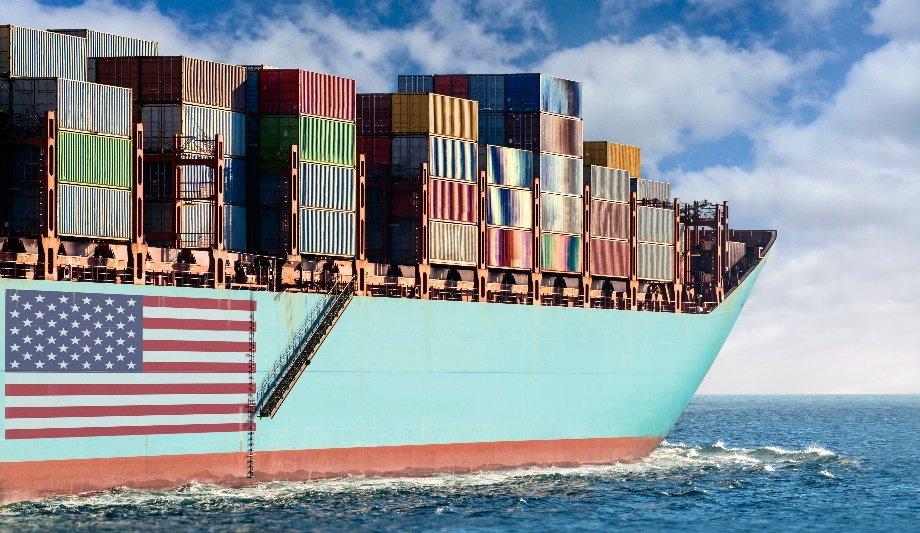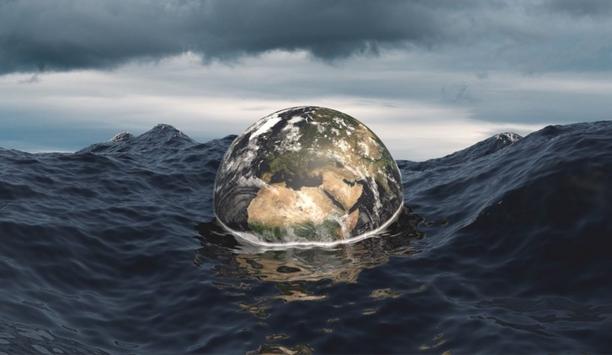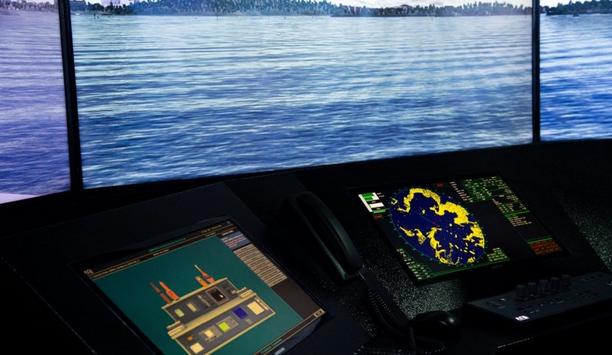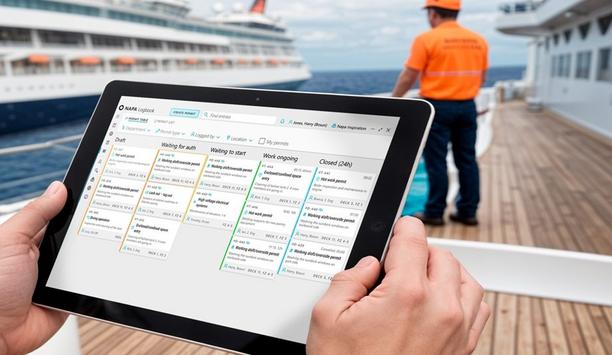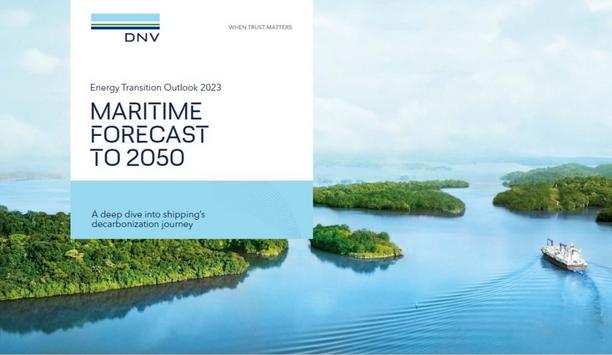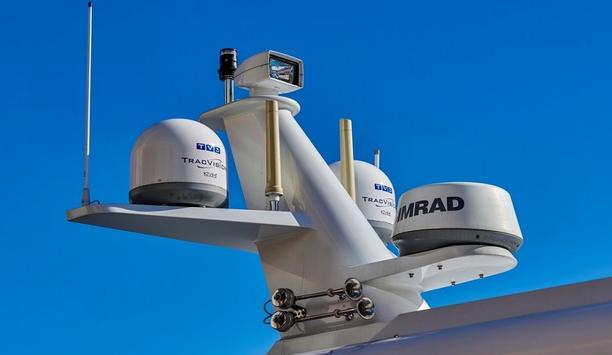The Jones Act, also known as the Merchant Marine Act of 1920, has been in the news recently, both as an element in the supply chain muddle and related to the U.S. ban on Russian oil and gas. The Jones Act requires that ships operating between ports in the United States of America be constructed in the U.S., fly the U.S. flag, be owned by U.S. citizens, and be crewed only by U.S. citizens and U.S. permanent residents.
The Jones Act
The law was introduced by Senator Wesley Jones (R-Wash.) and became effective in June of 1920. It was established to create a secure network of American vessels, after the German navy sank U.S. ships during World War I.
The Jones Act was created to protect the U.S. shipping industry, but today is sometimes seen as an outdated law that disrupts supply chains. Perversely, the law encourages dependence on foreign oil. It is seen as an impediment to the current effort to end the flow of Russian oil and gas into the United States of America.
Exemption for the U.S. Defense Department
The act is seen as protectionist and has hindered trade negotiations with other countries
There is a Jones Act exemption for the U.S. Defense Department, which can waive the requirement and allow foreign-built ships to operate in U.S. waters for national-security reasons. Language in the National Defense Authorization Act in 2021 enables the Defense Department to waive Jones Act compliance, in the interest of national defence, in order ‘to address an immediate adverse effect on military operations.’
Non-DOD agencies, including the Department of Homeland Security, do not have the same leeway. The act is seen as protectionist and has hindered trade negotiations with other countries, and relaxing it would provide leverage for future trade negotiations.
Act restricts access to goods in the U.S.
The Jones Act has impacted recent current events and restricted access to goods in the U.S. For example, the law restricted the ability of the U.S. State of New England to buy energy from U.S. suppliers, when a polar vortex forced Americans to spend hundreds of millions of dollars more on natural gas from other countries.
No ships capable of transporting liquid natural gas are built in the United States of America. A waiver was considered, but it was never granted and got bogged down in politics.
‘Jones-capable’ ocean fleet has reduced
In effect, the Jones Act requires most U.S. freight to travel over land, even though water shipping would be less expensive. The ‘Jones-capable’ ocean fleet has decreased to only 95 ships.
The U.S. State of Hawaii requested a temporary one-year waiver of the Jones Act
In wake of the executive order to block Russian oil imports, the U.S. State of Hawaii requested a temporary one-year waiver of the Jones Act. The island state previously bought as much as a third of its oil from Russia. Hawaii’s only refinery announced it will suspend purchase of Russian crude oil, which supports the need for the one-year waiver. The U.S. Virgin Islands already have a permanent Jones Act waiver.
Another example is Puerto Rico, whose shipments of goods to and from the U.S. mainland is limited by the need to use expensive protected ships, rather than opening the routes to global competition. A temporary waiver, granted after the deadly Hurricane Maria devastated the island, has expired with no expectation of a continuation.
Eliminating the Jones Act could lower fuel costs
Eliminating the Jones Act could lower fuel costs to the public, curb American reliance on foreign oil and gas imports, and encourage the domestic shipping industry to compete with foreign vessels, say proponents of eliminating the law. Several bills in the U.S. Congress propose to loosen the Jones Act and/or to exempt foreign-flagged ships, if they meet other requirements on labour, cargo, the environment, and trade.
Relaxing restrictions on shipping between U.S. ports would also help the domestic steel industry and any business that manufactures heavy goods or those transported in a container. However, the law restricts issuance of waivers, which have been issued over the years mostly in the face of natural disasters, for example.
Not enough ships to install and maintain turbines
Offshore wind energy projects are also delayed, because there are not enough specialised ships to install and maintain turbines.
Defenders of the Jones Act say it is critical to U.S. military strategy, which relies on a shipyard industrial base (which the law encourages), to support national defence.
